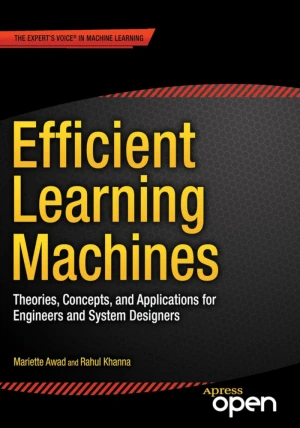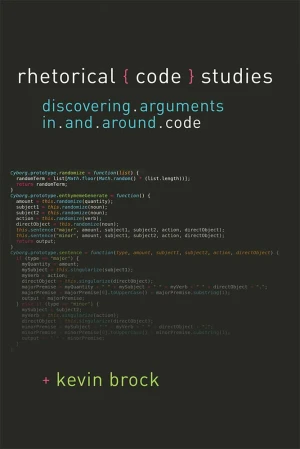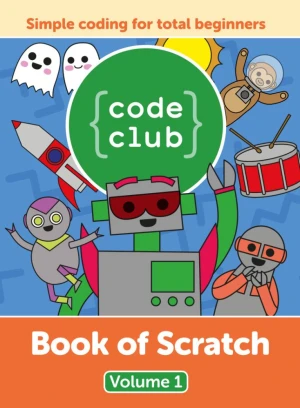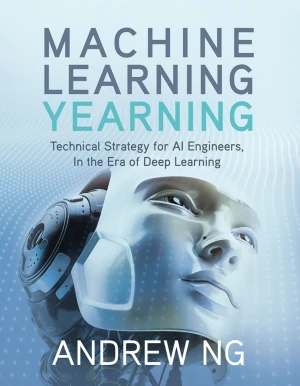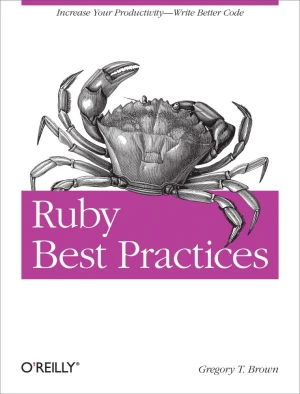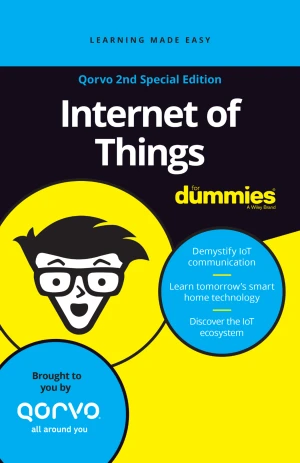Code Connected Volume 1: Learning ZeroMQ
Professional Edition for C/C++
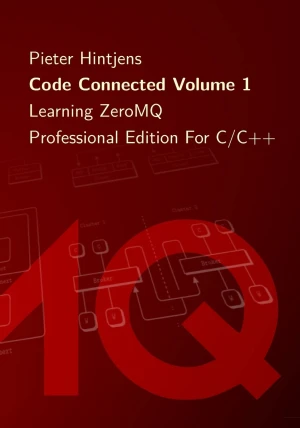
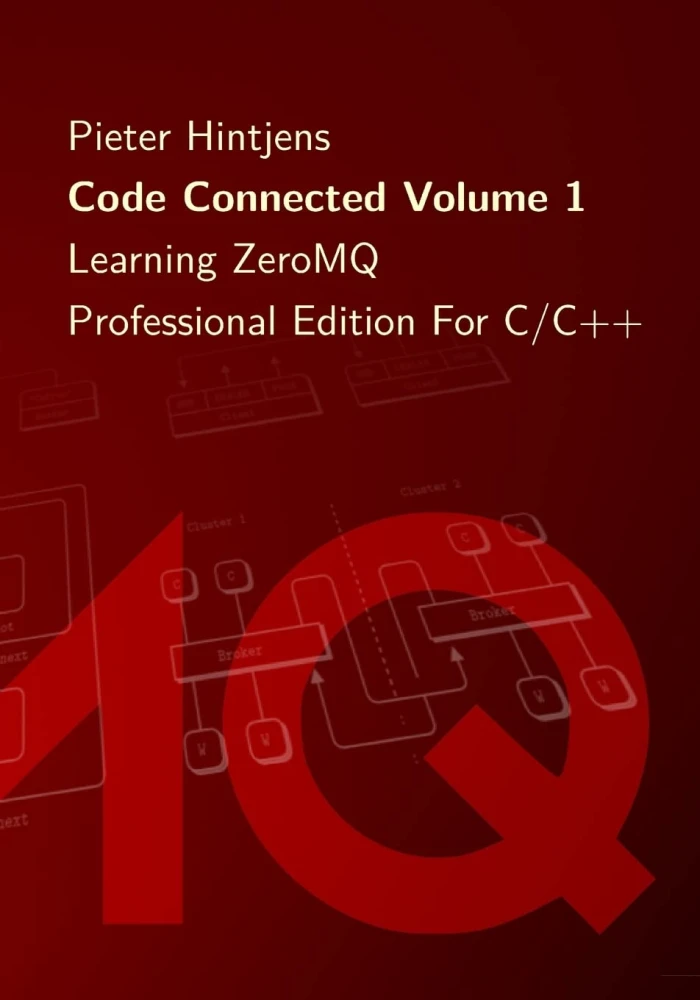
Book Details
| Author | Pieter Hintjens |
| Publisher | CreateSpace |
| Published | 2013 |
| Edition | 1st |
| Paperback | 318 pages |
| Language | English |
| ISBN-13 | 9781481262651 |
| ISBN-10 | 1481262653 |
| License | Creative Commons Attribution-ShareAlike |
Book Description
Even connecting a few programs across a few sockets is plain nasty when you start to handle real life situations. Trillions? The cost would be unimaginable. Connecting computers is so difficult that software and services to do this is a multi-billion dollar business. So today we're still connecting applications using raw UDP and TCP, proprietary protocols, HTTP, Websockets. It remains painful, slow, hard to scale, and essentially centralized. To fix the world, we needed to do two things. One, to solve the general problem of "how to connect any code to any code, anywhere". Two, to wrap that up in the simplest possible building blocks that people could understand and use easily. It sounds ridiculously simple. And maybe it is. That's kind of the whole point.
If you are a programmer and you aim to build large systems, in any language, then Code Connected is essential reading. Code Connected Volume 1 takes you through learning ZeroMQ, step-by-step, with over 80 examples. You will learn the basics, the API, the different socket types and how they work, reliability, and a host of patterns you can use in your applications.
This book is available under a Creative Commons Attribution-ShareAlike license (CC BY-SA), which means that you are free to copy, distribute, and modify it, as long as you credit the original author and license any derivative works under the same terms.
If you enjoyed the book and would like to support the author, you can purchase a printed copy (hardcover or paperback) from official retailers.
Download and Read Links
Share this Book
[localhost]# find . -name "*Similar_Books*"
Efficient Learning Machines
Machine learning techniques provide cost-effective alternatives to traditional methods for extracting underlying relationships between information and data and for predicting future events by processing existing information to train models. Efficient Learning Machines explores the major topics of machine learning, including knowledge discovery, cla
Rhetorical Code Studies
Software developers work rhetorically to make meaning through the code they write. In some ways, writing code is like any other form of communication; in others, it proves to be new, exciting, and unique. In Rhetorical Code Studies, Kevin Brock explores how software code serves as meaningful communication through which software developers construct
Code Club Book of Scratch
The first ever Code Club book is here! With it, you'll learn how to code using Scratch, the block-based programming language. In each chapter you'll find instructions to build cool games, animations, and interactive stories. Your friendly robot guide will aid you step-by-step through each project and give you handy tips along the way. - Learn to co
Machine Learning Yearning
AI is transforming numerous industries. Machine Learning Yearning, a free ebook from Andrew Ng, teaches you how to structure Machine Learning projects. This book is focused not on teaching you ML algorithms, but on how to make ML algorithms work. After reading Machine Learning Yearning, you will be able to: - Prioritize the most promising direction
Ruby Best Practices
How do you write truly elegant code with Ruby? Ruby Best Practices is for programmers who want to use Ruby as experienced Rubyists do. Written by the developer of the Ruby project Prawn, this concise book explains how to design beautiful APIs and domain-specific languages with Ruby, as well as how to work with functional programming ideas and techn
Internet of Things For Dummies, 2nd Edition
The Internet of Things (IoT) is creating a new world - a quantifiable and measurable world - in which people can better manage their lives, cities can better manage their infrastructure, and companies can better manage their businesses. This new smart connected world will offer fundamental changes to consumers and to society, and it will profoundly

